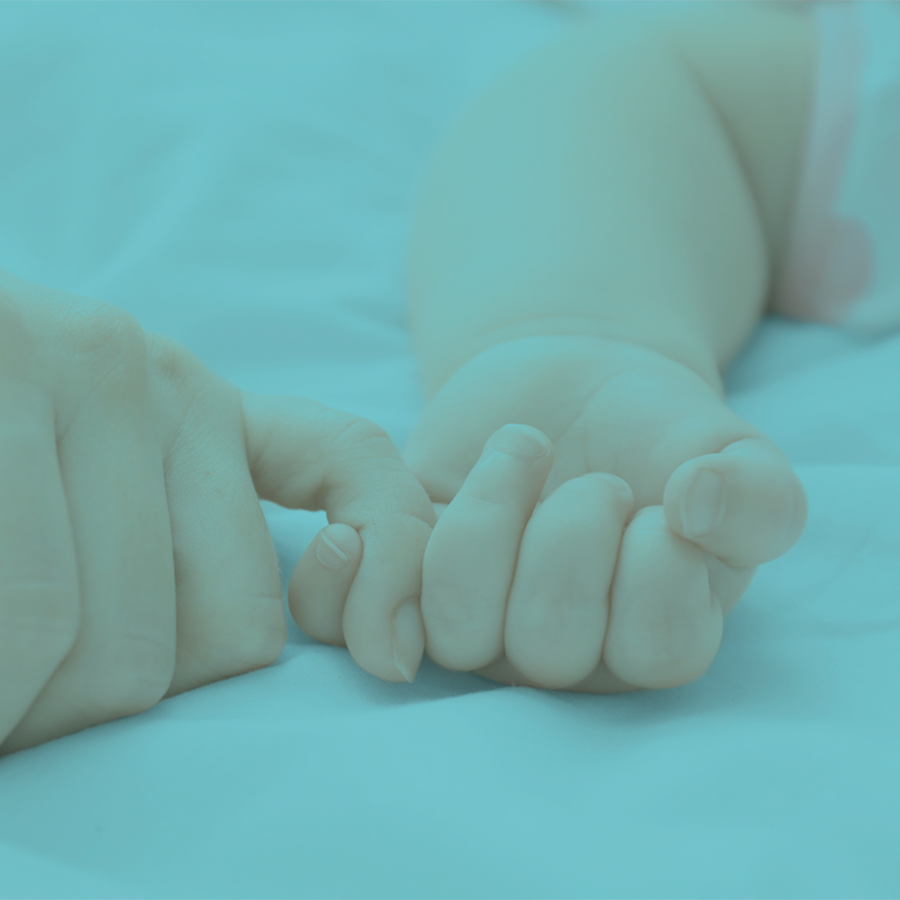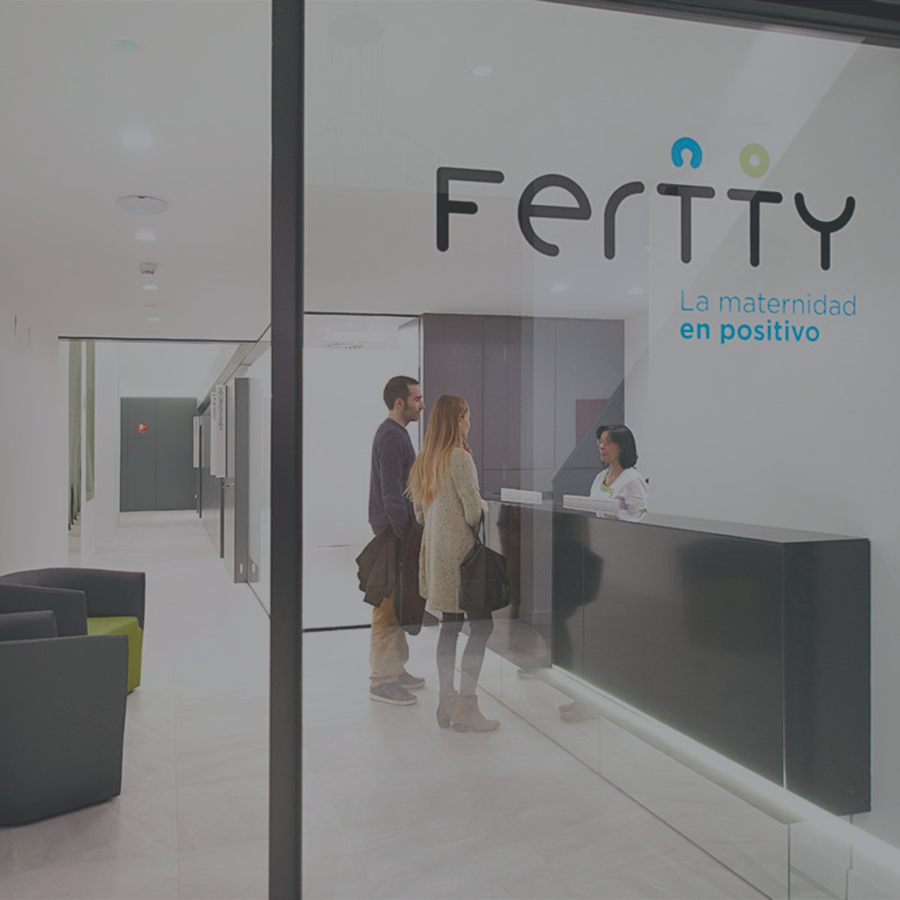FIRST VISIT
During this first visit, the medical team at Fertty will assess your entire reproductive medical history and review all tests performed or request new tests if they have not been ordered previously (FSH on the third day of the cycle, Anti-müllerian Hormone or Antral Follicle Count by ultrasound). All this will help make it possible to design an exclusive personalised treatment.
MONITORING YOUR NATURAL CYCLE
When you start your period, you contact our team who will give you an appointment for the first ultrasound check-up. This process lasts between 8 and 14 days, during which time the Fertty team will perform ultrasound checks and, occasionally, analytical controls of E2 or progesterone. Once the follicles have reached an appropriate size an hCG injection is used to mature the eggs and induce ovulation and a GnRh antagonist injection is used to prevent premature ovulation and be able to accurately time the oocyte retrieval.
OOCYTE RETRIVAL
36 hours after the HCG, we performed the aspiration of the eggs from the ovaries. It involves making a small puncture through the vagina. The medical team performs an ultrasound scan in which they will have attached a needle to the ultrasound machine and, through that fine needle, all the eggs available in that cycle will be aspirated. At the same time, you will be mildly sedated for your comfort. The process takes about 20 minutes.
At the same time the partner will give a fresh semen sample. If this is not possible, the sample of donated semen selected for the process will be checked again. Before leaving the centre, you will be informed of the number of eggs retrieved and you will be instructed to start taking the progesterone that prepares the uterus for gestation. The embryo transfer will take place 3 to 5 days later.
EMBRYONIC DEVELOPMENT
Fertty’s team of biologists unites the eggs with the sperm so that fertilisation occurs spontaneously. In cases where there are few sperm or fertilisation failure is suspected, a sperm is injected into the egg. This process is called Intracytoplasmic Sperm Injection (ICSI).
EMBRYO SELECTION
Our embryologists regularly monitor the embryos for about five days to check that they are developing properly and that they are dividing adequately. The speed of division, the number of cells and their symmetry allows our team to select the highest quality embryos so that pregnancy can occur. Couples with genetic diseases, repeated miscarriages or age-related infertility may consider genetic diagnosis of embryos to select the healthiest embryo.
EMBRYO TRANSFER
Three to five days after the puncture the embryo or embryos are transferred into the mother’s uterus. This simple procedure is performed in the laboratory, using a catheter to introduce them through the cervix. This technique does not cause any pain and does not require anaesthesia, so the woman can leave the clinic within a few minutes and go about her normal life from the next day onwards. Pregnancy takes place if the embryo engages in the endometrium. The embryos that have not been transferred are frozen to allow for future implantation.
AFTER THE TRANSFER
To help implantation occur, you will continue to take the progesterone for a further two weeks and a few days after the embryo transfer, we will perform a blood pregnancy test. Once pregnancy is confirmed, you will continue to take progesterone for two weeks until your gynaecological team confirms the pregnancy by ultrasound. If the pregnancy has not been confirmed, you can decide with your gynaecologist to start a frozen embryo transfer or repeat a new cycle of In Vitro Fertilisation.

